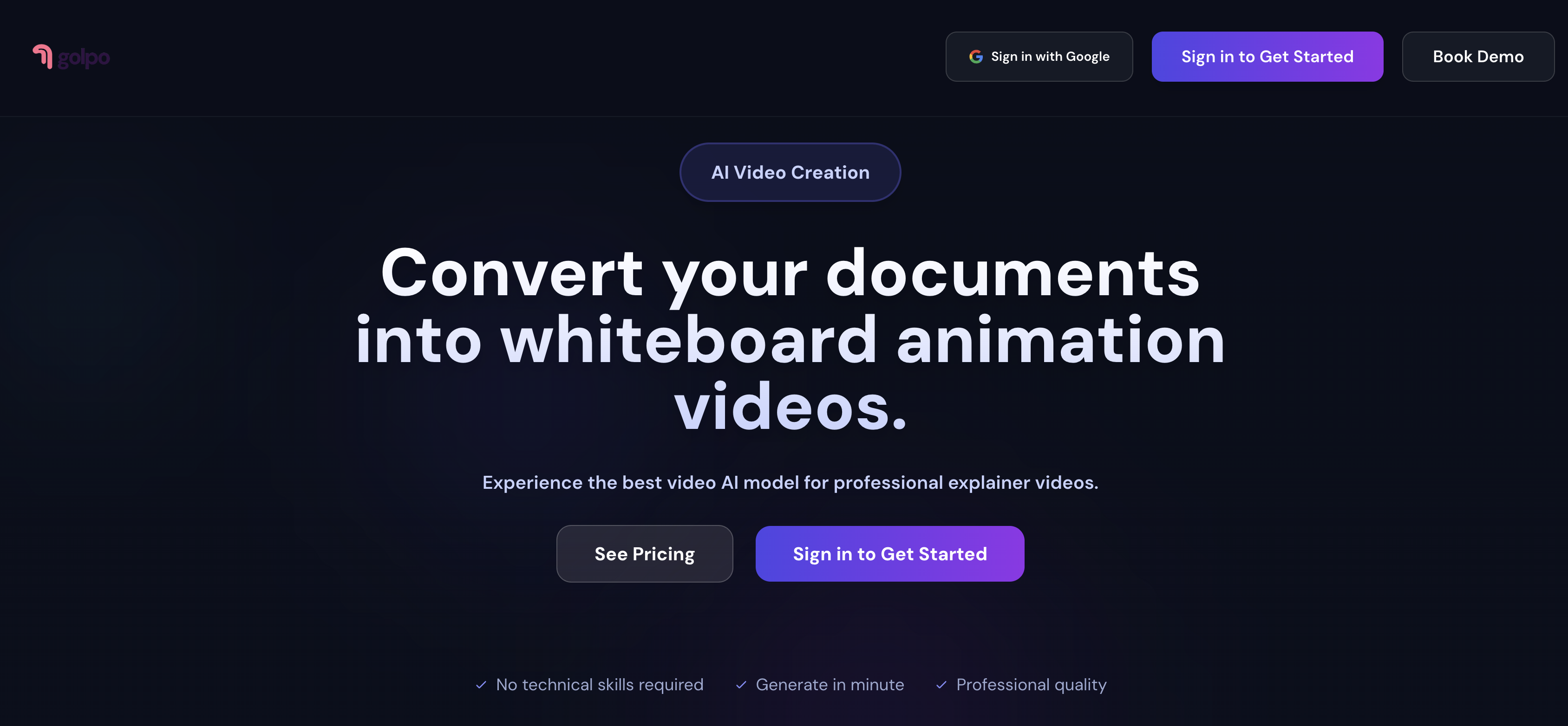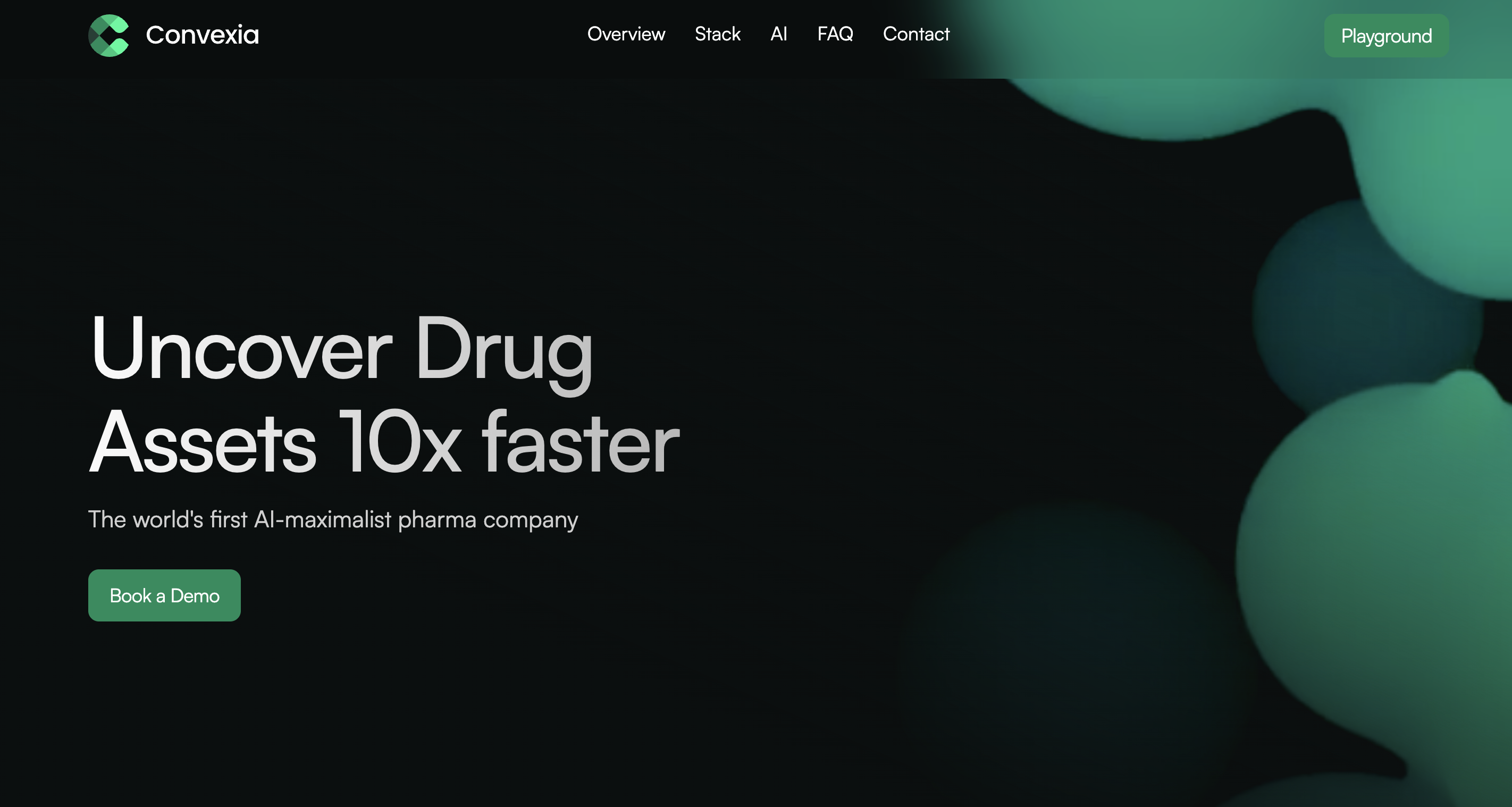Selecting the right payroll solution can make or break your business operations, especially as companies navigate increasingly complex compliance requirements and employee expectations.
Selecting the right payroll solution can make or break your business operations, especially as companies navigate increasingly complex compliance requirements and employee expectations. Three major players dominate the market: ADP, Paychex, and QuickBooks Payroll, each offering distinct advantages for different business needs. Understanding their unique features, pricing models, and service approaches will help you make an informed decision that supports your organization's growth trajectory.
What Makes Each Payroll Platform Unique?
The payroll software landscape has transformed dramatically over the past decade, evolving from simple calculation tools into comprehensive human capital management ecosystems. ADP brings over 75 years of industry experience to the table, establishing itself as a leader with robust solutions spanning businesses of all sizes. Their platform excels at handling complex payroll scenarios, including employees working across multiple states within the same pay period, while leveraging artificial intelligence to detect potential errors before tax filing.
Paychex positions itself as the ideal middle-ground solution, particularly well-suited for small to medium-sized businesses seeking personalized support. Their standout Pre-Check service enables employees to review anticipated payroll before processing, potentially reducing errors and correction cycles. The platform also offers on-demand payment options and automatic tip disbursement, making it especially attractive for service industry businesses.
QuickBooks Payroll takes a different approach entirely, emphasizing simplicity and seamless integration with existing QuickBooks accounting systems. Their Auto Payroll feature can run payroll automatically without manual initiation for salaried employees with consistent schedules. While more limited in handling complex scenarios compared to its competitors, QuickBooks excels in user-friendliness and provides transparent pricing that includes unlimited payroll runs.
Core Processing Capabilities That Matter
Each platform handles fundamental payroll functions efficiently, though with notable implementation differences that can impact your daily operations. ADP offers powerful processing capabilities across multiple jurisdictions with consistent two-day processing cycles regardless of client size. Their system particularly shines when managing complex scenarios like multi-state employees and provides strong tax compliance tools with AI-powered error detection.
Paychex delivers similarly robust multi-state processing with various payment methods including direct deposit, paycards, and paper checks. Their platform includes comprehensive automatic payroll tax filing and new-hire state reporting across all plans. However, businesses should note that accounting software integrations are only available in higher-tier plans, requiring additional fees for basic plan subscribers.
QuickBooks Payroll provides straightforward processing with automatic tax calculations and filings, offering both same-day and next-day direct deposit options depending on your selected plan. The platform includes comprehensive tax management across federal, state, and local jurisdictions with no additional charges for year-end reporting. Their system automatically handles W-2s and 1099s while providing employees lifetime access to tax documents through self-service portals.
Key processing advantages for each platform include:
- ADP: Multi-state payroll management, AI-powered error detection, two-day processing cycles for all clients, advanced compliance monitoring across 140+ countries
- Paychex: Pre-Check payroll review service, on-demand payment options, automatic tip disbursement, dedicated payroll specialists for personalized support
- QuickBooks: Auto Payroll for salaried employees, unlimited payroll runs included, seamless QuickBooks accounting integration, same-day direct deposit options
How Much Should You Expect to Pay?
Pricing transparency varies dramatically among these providers, creating challenges when comparing total costs. ADP and Paychex operate on custom pricing models requiring quote requests, though industry reports suggest ADP starts around $79 monthly plus $4 per employee for basic packages. Their Essential plan specifically costs $79 per month with an additional $4 per employee monthly fee. Both providers charge per payroll run, which can substantially increase costs for organizations processing weekly payrolls.
Paychex reveals limited pricing information, with their Flex Essentials plan starting at $39 monthly plus $5 per employee. Their Flex Pro package costs $47 monthly plus $3 per employee, while Flex Enterprise runs $95 monthly plus $3 per employee. Professional Employment Organization services average around $140 per employee monthly. Importantly, all Paychex plans charge additional fees for payroll tax administration beyond basic calculations.
QuickBooks Payroll offers the most transparent pricing structure with published rates across three tiers. Their 2025 pricing includes Core at $50 monthly plus $6.50 per employee, Premium at $88 monthly plus $10 per employee, and Elite at $134 monthly plus $12 per employee. Unlike competitors, QuickBooks includes unlimited payroll runs in monthly fees, providing predictable budgeting for businesses with variable schedules. They also include year-end tax reporting without additional charges, while offering tax penalty protection up to $25,000 in Premium and Elite plans.
Hidden Costs and Additional Fees
Beyond base pricing, several hidden costs deserve careful consideration when evaluating total ownership expenses. ADP and Paychex typically charge extra for year-end tax reporting, setup fees, and specialized services like garnishment management. These additional costs can significantly impact your budget, particularly for smaller businesses operating on tight margins. Setup fees are common with Paychex but may be negotiable with ADP depending on your business size and requirements.
Multi-state processing, PTO tracking, and advanced reporting features often carry additional fees across all providers, though specific cost structures vary considerably. QuickBooks generally provides better value for smaller businesses with straightforward needs through their all-inclusive pricing model. However, businesses requiring extensive customization or complex compliance support may find the additional costs with ADP or Paychex justified by their enhanced capabilities.
What HR Features Do You Actually Need?
HR capabilities vary significantly across these platforms, with ADP and Paychex offering more comprehensive solutions than QuickBooks. ADP's premium plans include robust HR tools like employee handbook wizards, job postings via ZipRecruiter, and comprehensive performance management systems. Their platform extends beyond basic payroll to include compliance monitoring, advanced reporting, and access to health insurance through integrated partnerships.
Paychex delivers extensive HR functionality with particular strength in dedicated HR Business Partners who provide personalized, hands-on support. Their platform encompasses applicant tracking, onboarding tools, performance management, and learning management systems. Paychex stands out as a leading 401(k) provider nationwide, offering integrated retirement plan administration alongside health benefits available across all states.
QuickBooks Payroll focuses on essential HR capabilities rather than comprehensive solutions, including basic onboarding, document management, and employee self-service portals. Benefits administration covers health insurance and 401(k) plans through third-party partnerships rather than in-house solutions. While sufficient for small businesses with straightforward needs, QuickBooks falls short for organizations requiring comprehensive HR support.
Employee Self-Service and Mobile Access
Modern employees expect convenient access to their payroll and benefits information, making self-service capabilities increasingly important. All three Paychex plans include employee self-service portal access and employer-facing mobile payroll apps, enabling on-the-go management for both administrators and staff. Their platform also includes employee financial wellness programs and assistance programs providing generalized support.
ADP provides comprehensive mobile applications for both administrators and employees, enabling secure access to payroll and HR functions from anywhere. Their cloud-based accessibility allows employees to view payslips, manage withholdings, and apply for leave 24/7 through intuitive digital tools. The platform emphasizes employee experience enhancements through user-friendly interfaces that improve engagement and satisfaction.
QuickBooks Payroll offers streamlined self-service options that integrate seamlessly with their accounting platform, though with more limited functionality compared to competitors. Employees can access essential information and perform basic tasks, but businesses requiring extensive self-service capabilities may find the options restrictive. The platform compensates with exceptional ease of use and quick implementation timelines.
HR feature comparison across platforms:
- ADP: Employee handbook wizard, ZipRecruiter job postings, performance management systems, compliance monitoring, health insurance partnerships, retirement services division
- Paychex: Dedicated HR Business Partners, applicant tracking systems, learning management platforms, leading 401(k) administration, employee engagement tools, wellness programs
- QuickBooks: Basic onboarding tools, document management systems, employee self-service portals, third-party benefits partnerships, streamlined interface design
Which Platform Offers the Best User Experience?
User experience dramatically influences daily efficiency for both administrators and employees, making interface design and workflow optimization crucial factors. QuickBooks Payroll delivers the most intuitive interface with streamlined workflows that minimize learning curves. Their dashboard presents clean, visually appealing layouts that integrate seamlessly with familiar QuickBooks accounting interfaces. Implementation typically requires just a few days, making it ideal for businesses needing immediate operational capability.
Paychex presents moderately intuitive interfaces with straightforward navigation, though not as streamlined as QuickBooks. Their mobile applications empower both administrators and employees with comprehensive features including mobile payroll management, report access, and profile updates. Implementation usually takes several days rather than weeks, positioning Paychex between QuickBooks and ADP in terms of setup speed.
ADP offers comprehensive but more complex user experiences designed to accommodate advanced functionality. Their interface balances extensive features with usability, though new users may require more extensive training to navigate all available options effectively. Implementation can take four weeks or more, particularly for larger organizations with complex requirements, though this extended setup period may be justified by the platform's robust feature set and scalability.
Integration Capabilities and Compatibility
Integration capabilities significantly impact how seamlessly payroll systems connect with existing business technology ecosystems. ADP offers extensive integration options through their Marketplace, featuring connections to over 400 popular business applications across accounting, time tracking, recruiting, and point-of-sale systems. Their API capabilities enable custom integrations for businesses with specialized requirements, while accounting integrations with QuickBooks, Xero, and other platforms are included across all plans.
Paychex provides integrations with numerous business applications, though their ecosystem is smaller than ADP's extensive network. Their platform connects effectively with essential accounting software and popular hiring platforms like Indeed and Glassdoor. However, accounting software integrations, including QuickBooks, are only included in higher-tier plans, requiring additional fees for basic plan subscribers.
QuickBooks Payroll naturally excels in integration with QuickBooks accounting software, offering seamless experiences for businesses already using this ecosystem. Data flows automatically between payroll and accounting systems, eliminating manual entry and reducing errors. Beyond native integrations, QuickBooks connects with various third-party applications through their App Store, though selections are more limited compared to ADP and Paychex.
How Reliable Is Customer Support When You Need It?
Support quality significantly impacts overall experiences with payroll providers, especially during critical processing periods or year-end activities. ADP delivers 24/7 live support across all plans, providing access to certified payroll professionals via phone and chat. Their support team offers expertise in navigating both technical issues and compliance questions, with dedicated implementation specialists assisting during onboarding. However, customer reviews indicate occasional inconsistent experiences with delays during peak periods.
Paychex offers round-the-clock support via phone and chat, with dedicated payroll specialists assigned to each account as a key differentiator. These specialists provide personalized assistance tailored to specific business needs, building familiarity with requirements over time. Support extends beyond technical issues to strategic guidance, with HR professionals available through premium plans. The company maintains over 100 physical office locations nationwide, providing in-person support options.
QuickBooks Payroll takes a different approach, offering customer support during extended business hours rather than 24/7 availability. Support is available via phone, chat, and email, with premium plans providing priority access. While their support team receives high marks for knowledge and friendliness, limited hours can create challenges for businesses operating outside standard times. QuickBooks compensates with extensive self-service resources including detailed knowledge bases, video tutorials, and community forums.
Customer support comparison reveals distinct approaches:
- ADP: 24/7 live support across all plans, certified payroll professionals available, dedicated implementation specialists, comprehensive technical expertise, occasional peak-period delays
- Paychex: Round-the-clock phone and chat support, dedicated account specialists, personalized assistance, over 100 physical office locations, strategic guidance availability
- QuickBooks: Extended business hours support, phone/chat/email availability, premium plan priority access, extensive self-service resources, community forums for peer assistance
Tax Compliance and Penalty Protection
Tax compliance represents a critical function where errors can result in costly penalties and regulatory issues. ADP provides extensive tax management capabilities across federal, state, and local jurisdictions with automatic calculations, payments, and filings. Their system maintains detailed records for audit purposes while offering advanced state unemployment insurance management tools including claim responses and benefit payment reviews. ADP's tax compliance guarantee means they accept financial responsibility for penalties resulting from their errors.
Paychex handles tax calculations and filings automatically with dedicated compliance specialists monitoring regulatory changes. They provide year-end processing of W-2s and 1099s, though businesses incur additional fees for these services. Paychex offers strong support for managing complex tax situations like garnishments and specialized local taxes, backed by compliance guarantees covering penalties from provider errors.
QuickBooks Payroll includes comprehensive tax management across all plans with no additional charges for year-end reporting. Their system automatically calculates, files, and pays federal, state, and local taxes including new-hire reporting. QuickBooks manages W-2s and 1099s without extra fees while providing employees lifetime access to tax documents. Tax penalty protection covers penalties up to $25,000 in Premium and Elite plans, though this benefit isn't included in their base Core plan.
Can These Platforms Grow With Your Business?
Scalability represents a crucial consideration for forward-thinking organizations anticipating growth or expansion. ADP excels in scalability with tiered solutions that grow seamlessly from startup through enterprise scale. Their international capabilities span over 140 countries, supporting global expansion when needed, while efficiently managing complex multi-entity structures with consolidated reporting across business units. Organizations anticipating significant headcount increases or geographical expansion will find ADP's scalability provides valuable future-proofing.
Paychex provides scalable solutions across business sizes from sole proprietors to large enterprises, with tiered services accommodating evolving needs. Their specialized options support businesses transitioning from small to midsize operations, while PEO services offer comprehensive employment solutions for regulatory compliance and benefits administration. The platform efficiently manages organizational changes like mergers and acquisitions without disrupting payroll operations.
QuickBooks Payroll presents more limitations for rapidly scaling businesses with complex requirements. While excellent for small organizations, their platform lacks some enterprise-level features necessary for sophisticated operations. QuickBooks doesn't offer international payroll capabilities beyond contractor payments, creating potential constraints for businesses expanding globally. However, for businesses anticipating steady, moderate growth primarily within domestic operations, QuickBooks provides adequate scalability while maintaining core benefits of user-friendliness and accounting integration.
Future-Proofing Your Payroll Investment
Recent industry trends emphasize the growing importance of automation, artificial intelligence, and system integration in payroll operations. Organizations are exploring AI-driven payroll solutions while focusing on automating manual processes to improve efficiency and accuracy. AI adoption has become a top driver of payroll transformation, with leaders identifying it as a key priority for operational enhancement. These trends suggest that platforms with advanced AI capabilities and extensive integration options will provide better long-term value.
Employee-centric innovations are becoming increasingly important, with businesses planning to introduce digital wallets or pre-payment cards while exploring more frequent pay cycles. Organizations are investing in self-service tools, chatbots, and accessible payslips to enhance employee engagement and satisfaction. Platforms that prioritize employee experience and offer flexible payment options will likely provide competitive advantages as these trends continue evolving.
Skills shortages are impacting payroll service delivery, with organizations reporting effects on their operations and struggling to source payroll skills externally. This trend leads companies to invest in upskilling existing employees rather than hiring externally. The emphasis on choosing platforms with intuitive interfaces, comprehensive training resources, and strong customer support becomes crucial to minimize the impact of skills gaps on business operations.
Which Payroll Solution Fits Your Business Best?
After examining these platforms across multiple dimensions, your selection should align with specific business requirements and growth priorities. Enterprise-level organizations or those with complex requirements spanning multiple states and countries will find ADP delivers the most comprehensive solution. Their extensive experience, robust compliance tools, and scalable platform accommodate sophisticated payroll scenarios while providing 24/7 support. Businesses anticipating significant growth should particularly consider ADP's ability to scale seamlessly alongside evolving needs.
Paychex represents an excellent middle-ground option, offering strong capabilities for small to midsize businesses with growth ambitions. Their dedicated payroll specialists provide personalized support that many organizations value, while extensive HR tools and benefits administration make them suitable for businesses seeking to enhance employee offerings. Companies prioritizing retirement benefits should note Paychex's leadership position in 401(k) administration.
QuickBooks Payroll emerges as the ideal choice for small businesses seeking simplicity, transparency, and accounting integration. Their all-inclusive pricing with unlimited payroll runs delivers exceptional value for straightforward needs, while intuitive interfaces minimize training requirements. Organizations already using QuickBooks accounting will benefit from seamless data flow between systems, though businesses with complex HR requirements or international operations may find limitations problematic as they scale.
The decision ultimately depends on balancing current needs against future growth plans, budget constraints, and desired level of support. Consider conducting trials or demos with your top choices to evaluate user experience firsthand before making final commitments. Remember that switching payroll providers can be disruptive, so choosing a platform that can grow with your business will save time and resources in the long run.
Simplify Startup Finances Today
Take the stress out of bookkeeping, taxes, and tax credits with Fondo’s all-in-one accounting platform built for startups. Start saving time and money with our expert-backed solutions.
Get Started









.png)









